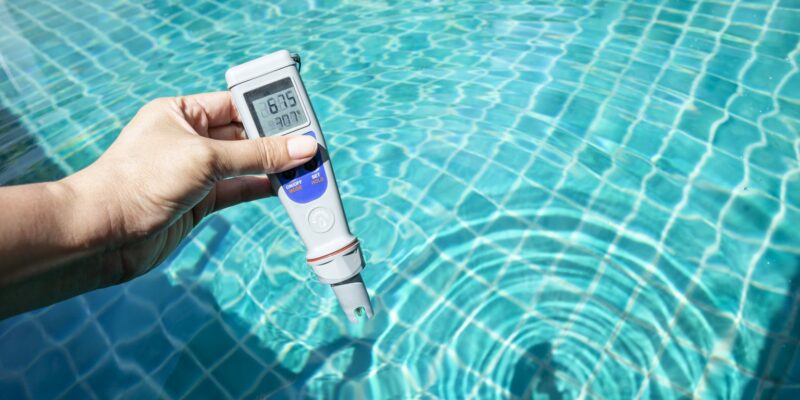Maintaining healthy swimming pools and spas is crucial to preventing bacteria and disease. If you’re looking for a place to swim or a nice spa or hot tub to relax in, this report from the Centers for Disease Control and Prevention (CDC) suggests your healthiest choice is to do it at home.
In its study of incidents reported from 2000 through 2014, the CDC says one-third of waterborne disease outbreaks started in hotel pools and spas. Michele Hlavsa, chief of the CDC Healthy Swimming Program, told NBCnews.com that you’ll likely find similar results at other public facilities.
Why Home Pools Are Safer
Recent estimates of pool and spa ownership in the US tell the story. There are 309,000 non-residential pools and 1.5 million spas or hot tubs in the US, compared to 10.4 million residential pools and 5.8 million spas. Based on the CDC findings, that means public facilities, with just 11 percent of all pools and spas, likely account for a third of major health issues.
The reason comes down to people. Users are the source for most bacteria and viruses in pool or spa water. More spa users or bigger pool crowds mean pool chemicals get depleted faster. According to a CDC fact sheet (see PDF), “the risks are tiny if it is just your family using it, and you test the water regularly and keep on top of the chemicals.”
Testing and User Care
While fewer people in the water give residential users an edge in maintaining healthy swimming pools and spas, you and the people using your pool, still need to be vigilant to protect everyone’s health.
- People who are sick shouldn’t get in the water. According to the CDC, this is especially true for those with an intestinal bug.
- Users should shower before getting in the water. Even if you recently showered or bathed, the lotions and creams you put on your body, as well as any sweat or dirt, combine with the chlorine in the water, reducing what’s left to kill diseases.
- Like lotions and creams, urine reduces the ability of chlorine to keep water safe. So it’s a good idea to remind kids and adults not to pee in the water.
Home or Public Pools: You’re Only as Safe as the Water
On a hot day at a crowded pool, chlorine and the accompanying imbalance of the pH level can happen in just two hours. There are public facilities that are diligent about frequent testing and taking action to keep their water and their users safe. So the question comes down to how much you can trust those responsible for maintaining healthy swimming pools and spas to do the job in the most trying circumstances.
At home you don’t need to monitor or correct things as often. But you have to be every bit as diligent. It’s up to you, and the services you rely on, to keep family and friends in healthy water.

